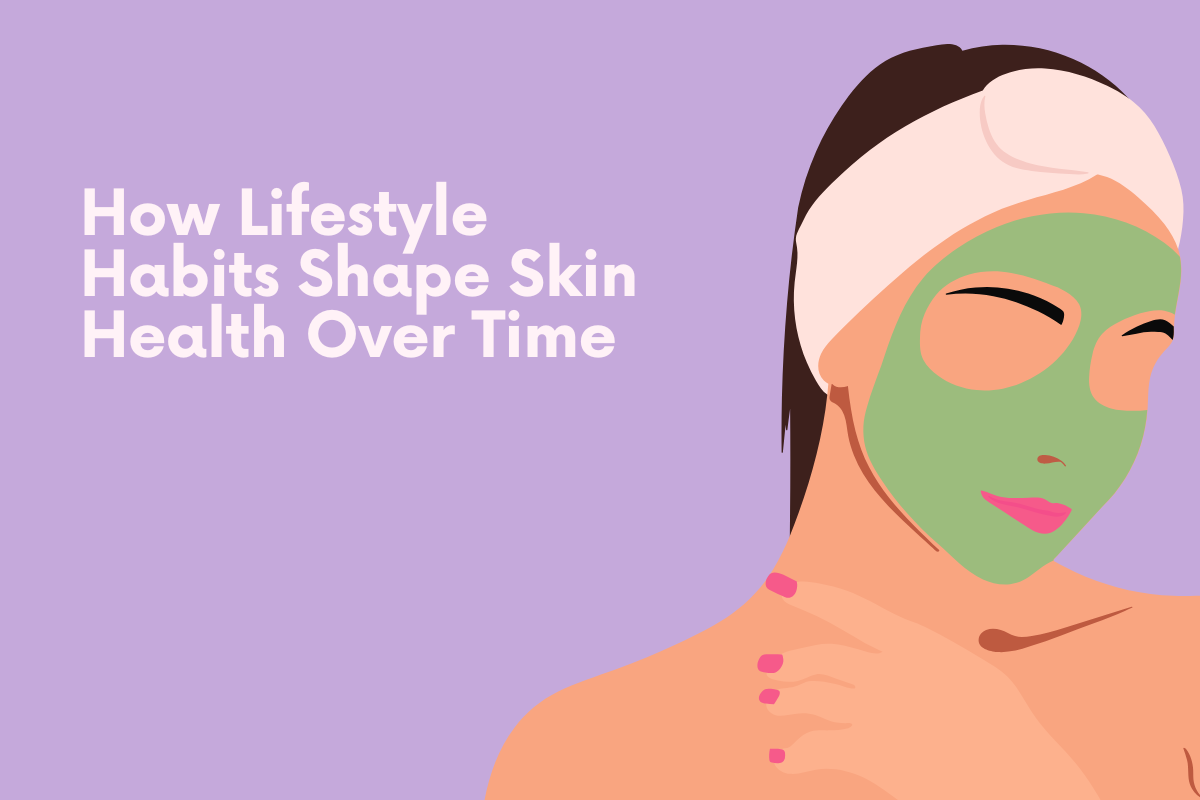Ever glance in the mirror and wonder why your skin looks great one day and dull the next? It might not be bad lighting—your daily habits play a bigger role than you think. Between stress, endless screen time, TikTok trends, and changing weather—especially in a place like Cleveland where your skin faces snow one month and humidity the next—your skin is constantly adjusting.
In this blog, we will share how daily habits influence skin health over the years and how small changes today can help you avoid major regrets tomorrow.
Modern skincare and why habits still win
Influencers love showing off 12-step routines packed with serums, oils, buzzing tools, and creams promising miracles. But here’s the truth: no product, no matter how pricey, can erase the effects of long-term neglect. Skincare starts with your daily routine, not your shopping cart.
Still, when your skin needs a serious refresh—whether from sun damage, scarring, or years of uneven tone—a more advanced option can help. That’s where treatments like a chemical peel come in. These are professional-grade exfoliating solutions designed to remove damaged layers of skin and reveal smoother, clearer texture underneath. They’ve been around for decades and are trusted for good reason. If you’re ready to explore this route, look up chemical peels Cleveland to find a reputable clinic with solid reviews and experienced providers.
But keep this in mind: even the best treatment won’t work wonders if you don’t follow it up with consistent care. Late nights, skipped sunscreen, and poor eating habits will undo the benefits faster than any cream can fix.
Interestingly, the pendulum has started to swing back. The new trend is “skinimalism”—a stripped-down approach focused on just a few effective steps. The idea is simple: give your skin what it needs and nothing more. Too many products can cause more harm than good. Less clutter, fewer reactions.
So what should you actually do? Cleanse without stripping your skin. Moisturize daily. Wear SPF like it’s part of your outfit. Then, when you need support, consider professional treatments—but use them as an addition to your routine, not a replacement for the basics. Your skin will thank you with time.
How external factors sneak up on your skin
It’s not just what you do—it’s also where you are. Air quality, UV exposure, and even indoor heating systems influence your skin. Big cities have more pollutants. Rural areas may mean more time outdoors without protection. Your environment works either for or against your efforts.
Spending hours in front of screens is another growing concern. Blue light may not burn you like UV rays, but studies suggest it can still age the skin over time. If your job or hobbies keep you glued to a screen, invest in a protective cream or a screen filter. Or, take breaks. Your brain and your skin will thank you.
Masks, once reserved for hospital staff, became part of everyday life during the pandemic. For many, this led to “maskne”—acne around the mouth and chin. While the trend faded, the effects linger for some. Good hygiene and gentle products are key if breakouts continue in these areas.
Even your home matters. Dry air in winter can suck the moisture out of your skin. Consider using a humidifier, especially during colder months. Not only does it help with breathing, but it can also prevent that tight, flaky feeling.
How habits age your skin without you realizing it
The tricky thing about skin health is that damage isn’t always instant. A few nights of bad sleep won’t leave a permanent mark. A weekend of junk food won’t cause long-term harm. But over time, these things add up.
Imagine skipping sunscreen “just this once” over and over. Or not removing makeup because you're too tired. These habits might seem harmless now, but they have long-term effects. One day you’ll notice your skin doesn’t bounce back the way it used to.
That’s because collagen—the protein that gives skin its strength—starts to decline in your mid-20s. Without it, skin becomes thinner and more prone to wrinkles. While no one avoids aging entirely, strong habits can slow the process.
Smoking is a prime example. It restricts blood flow, depriving your skin of oxygen and nutrients. Smokers often see more pronounced lines, dullness, and sagging. It’s one of the fastest ways to age your face. Even secondhand smoke exposure can affect you over time.
How to adjust your lifestyle without going overboard
You don’t have to live like a monk to have great skin. The goal isn’t perfection—it’s consistency. Start small. Drink more water. Go to bed 30 minutes earlier. Add SPF to your morning routine. These changes build over time.
Think of it like saving money. A few dollars here and there don’t feel like much. But years later, it adds up. Your skin works the same way. Healthy choices today protect you from needing drastic fixes tomorrow.
Professional treatments are valuable tools, especially when used as part of a bigger plan. But they work best when paired with lifestyle changes.
This also means being patient with yourself. Everyone has setbacks. That’s okay. The key is getting back to what works.
Skincare is health care. It's not just about looking good. It’s about feeling confident in your own skin, literally. When your skin is healthy, it shows—and not just on your face.
So next time you consider pulling an all-nighter or skipping a meal, think about what your skin might say in five years. Because it remembers everything, even if you don’t.





.png)